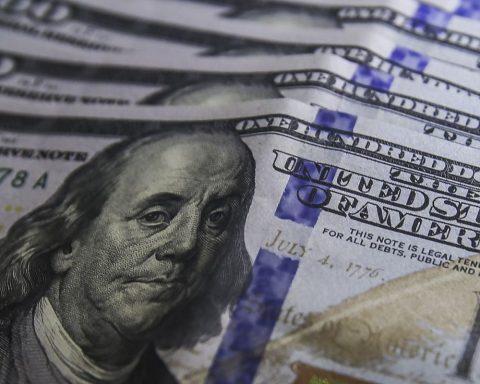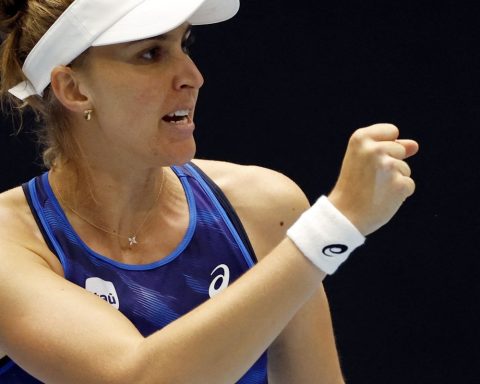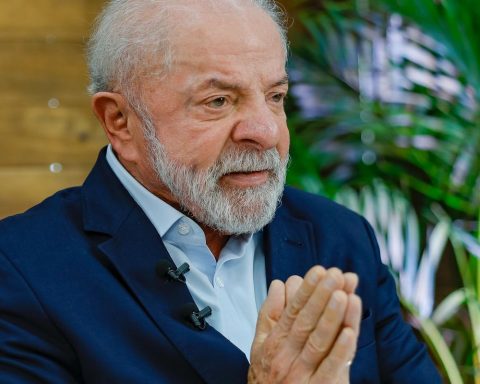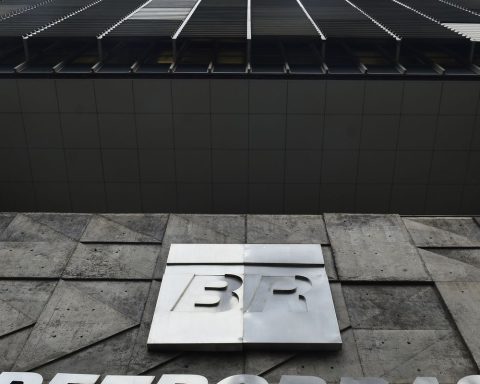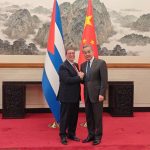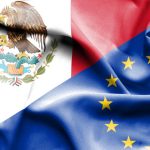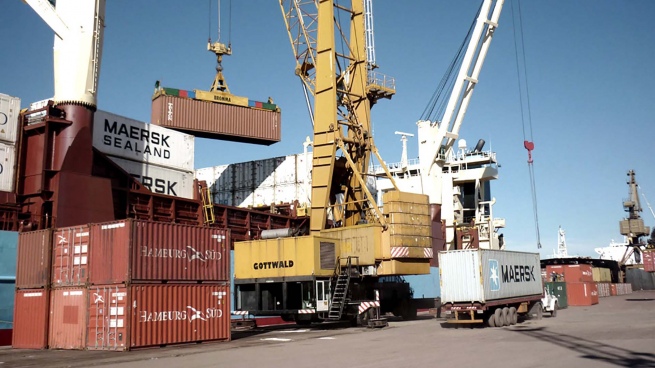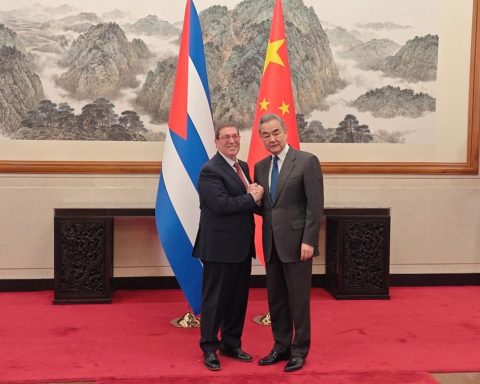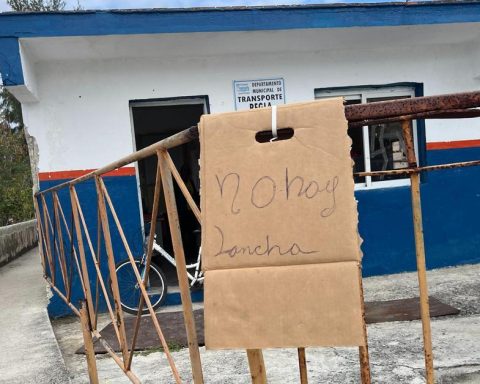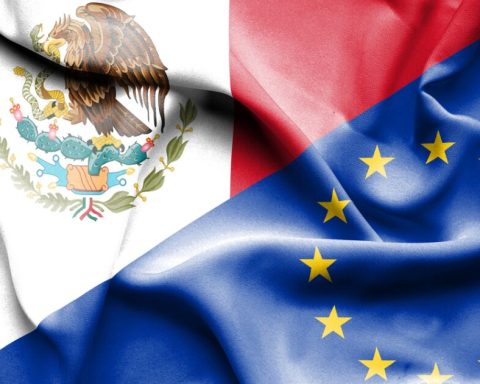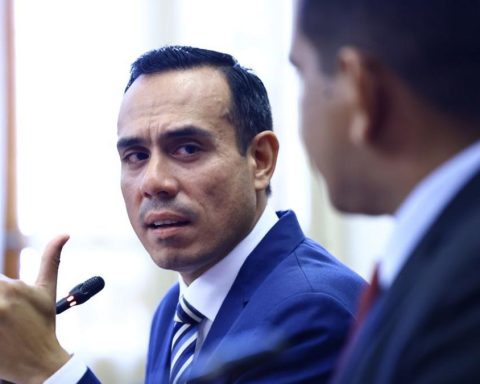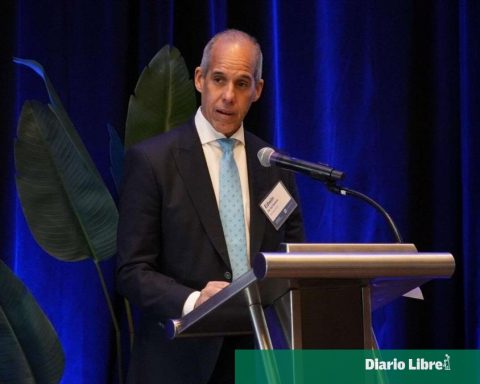The most traditional financial investment of Brazilians continues to face the flight of resources. In July, Brazilians withdrew R$12.66 billion more than they deposited in their savings account, the Central Bank (BC) reported today (4th). This was the largest net withdrawal (withdrawals minus deposits) recorded for the month of July since the beginning of the historical series, in 1995.
With the performance of July, savings accumulate a net withdrawal of R$ 63.15 billion in the first seven months of the year. This is the largest accumulated withdrawal for the period since the beginning of the historical series, in 1995.
In 2022, the booklet registered net inflow (more deposits than withdrawals) only in April, when the flow was positive at R$3.51 billion. In the remaining months, withdrawals exceeded deposits, in a scenario of high inflation and indebtedness, combined with lower yields due to increases in the Selic rate (basic interest rates in the economy), which make other fixed income investments more attractive.
In 2020, savings recorded a record net inflow (deposits minus withdrawals) of R$166.31 billion. The instability in the public bond market at the beginning of the covid-19 pandemic and the payment of emergency aid, which was deposited in Caixa Econômica Federal digital savings accounts, contributed to the result.
Last year, savings recorded a net withdrawal of R$ 35.5 billion. The application was pressured by the end of emergency aid, by low incomes and by the greater indebtedness of Brazilians. The net withdrawal – the difference between withdrawals and deposits – was not higher than that recorded in 2015 (R$ 53.57 billion) and in 2016 (R$ 40.7 billion). In those years, the strong economic crisis led Brazilians to withdraw funds from the application.
Performance
Until recently, savings yielded 70% of the Selic rate (basic interest in the economy). Since December of last year, the investment has started to yield the equivalent of the reference rate (TR) plus 6.17% per year, because the Selic has returned to above 8.5% per year. Currently, basic interest is at 13.75% per annum. The increase in interest rates, however, was insufficient to make savings yield more than inflation, causing some investors to flee.
In the 12 months ending in July, the investment yielded 6.2%, according to the Central Bank. In the same period, the National Consumer Price Index-15 (IPCA-15), which works as a preview of official inflation, reached 11.39%. The full IPCA for July will be released on the 9th by the Brazilian Institute of Geography and Statistics (IBGE).

